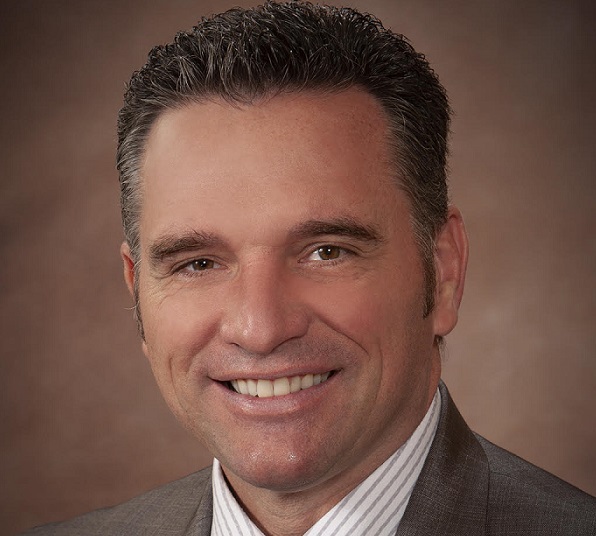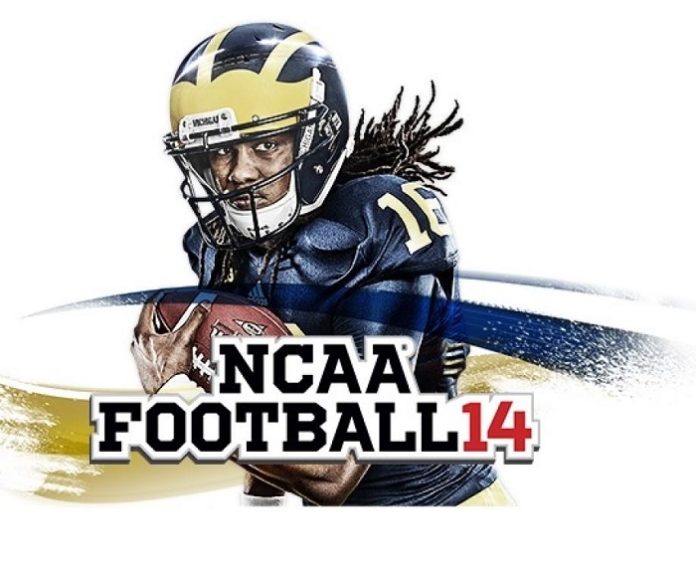(Updated to clarify that the issues are linked but not necessarily packaged together)
A major piece of legislation that was seen as vital for keeping Kansas college athletics competitive died as the Kansas legislative session came to a close early Saturday.
As battles waged over taxes, schools, the budget and vaccines, a bill allowing college athletes to profit from their names, likenesses and images sat idle.
The bill had sat on the Senate calendar for days without action as the Legislature raced to wrap up the 2021 sesion by early Saturday morning.

Senate President Ty Masterson’s office confirmed early Friday evening that the fate of the so-called names, likeness and images bill was linked to the future of another bill banning transgender athletes from competing in interscholastic sports for females.
Masterson’s spokesman declined to elaborate more about the circumstances of the college athletics bill, which higher education advocates have been lobbying vigorously for throughout the session.
There had been speculation throughout the Capitol about whether Masterson wanted to tie the fate of the college athletics bill with the Fairness in Women’s Sports Act, which bans transgender athletes from competing in interscholastic sports for females.
The issue had become so worrisome that University of Kansas basketball coach Bill Self had even made phone calls to lawmakers asking them to pass the bill allowing student athletes compensation for the use of their names, images, and likeness rights.
The Legislature passed the transgender athletics bill earlier in the session and Democratic Gov. Laura Kelly vetoed the legislation.
The Senate came up one vote short of overriding the governor’s veto and there was uncertainty whether there were enough votes in the House to get it passed.
States across the country are working on similar laws regulating athlete compensation within their borders since there’s no solution in sight from Congresss and the NCAA.
Sports Illustrated recently reported that six states, including California and Florida as well as neighboring Nebraska and Colorado, have passed similar laws although they would start at different times.
Last week, Georgia Gov. Brian Kemp signed a name, image and likeness bill that allows athletes to earn money starting July 1.
The South Carolina governor also signed a name, image and likeness law that starts in May 2022.
Bills have been introduced in 13 states this year, including Kansas.
Florida’s law is expected to start in July, which will give that state a tremendous recruiting advantage given that it’s home to schools that are part of two power conferences, the Atlantic Coast and Southeastern conferences.
The Florida legislature also passed a bill similar to transgender athletics legislation Kelly vetoed and Gov. Ron DeSantis has indicated he would sign the legislation.
Kansas failure to pass a bill worries state athletic administrators who are afraid that Kansas will lose star athletes to other states.
The problem is compounded by the NCAA’s new transfer portal and the decision to allow transfer students to now play immediately instead of sitting out a year.
“If this bill does not pass through that means that any student athlete that comes and plays at KU cannot make any sort of money off their name image and likeness like they could if they went to a school in another state that already has passed a bill,” said KU Athletics spokesman Dan Beckler.
“If you put yourself in the shoes of a 16, 17 or 18 year old individual that’s being recruited by schools in Florida or California and those states all have legislation to make money from your name and image likeness, we could be ruled out right away,” he said.
Brittany Jones, director of advocacy for the Family Policy Alliance, has been working for the “Fairness in Womens Sports” bill all session.
“A policy that is designed to create benefits to student athletes should ensure that girls can receive those benefits without unfair competition,” Jones said in an email.
“It’s just common sense to make sure our girls have the same opportunity as their male counterparts. We’re just asking for fairness for Kansas girls,” she said.

Senate Minority Leader Dinah Sykes said she spoke with Masterson about his decision to tie the two bills together as the legislative session wisps away.
“He’s hurting Kansas ability to recruit athletes,” she said. “They should not be tied together.”
KU’s Beckler noted that the failure to pass the bill will make recruiting athletes even harder at a time when there is unprecedented number of tranfers.
As of Friday afternoon, there were 1,563 Division I men’s college basketball players who had entered the transfer portal, according to VerbalCommits.com.
Assuming 13 scholarship players each on about 350 school rosters, that’s roughly a third of the players in college basketball.
States with laws allowing students to be compensated their athletes will have an edge against states without similar legislation, Beckler said.
“There are going to be schools that haven’t been historically powerhouses that all of a sudden could be able to pull in those four- and five-star recruits because all of a sudden they could make money.”
“It will change the landscape of college athletics in the state of Kansas if we do not pass this bill before they go home.”

Wichita State Basketball coach Isaac Brown said he supported the bill more for what it could do for student athletes than the recruiting aspect.
“I think kids should make money off their name, image and likeness,” Brown said.
“Being a fomer ex-athlete, I remember what it was like when I just wanted to go to the movie theater and I did’t have money.
“Wanting to get a coat in the winter time and I didn’t have money,” he said.
“I think if these kids can make money like that, they should be able to,” he said.
He agreed that recruiting could become more difficult without state legislation address the issue.
“That type of stuff can really hurt us in recruiting if they can go to another state and be able to get paid off their name, image and likeness.
“It’s not an equal playing field. Those other universities have an advantage.”
The Kansas bill is the outgrowth of a nearly decadelong battle pitting star college athletes against the NCAA over how their images are used commercially.
Former UCLA basketball star Ed O’Bannon and 19 others filed a class-action lawsuit in 2009 against the NCAA.
They claimed the NCAA violated antitrust laws by prohibiting student athletes from being compensated from profits gained from using their images in video games and other broadcasts.
A federal judge in 2014 found for O’Bannon in a decision that was partly overturned on appeal.
The judge found that the universities could pay football and men’s basketball players up to $5,000 per year that would be deposited into a trust until after they left college.
A federal appeals court later upheld the antitrust ruling but reversed the ruling on the payments. The U.S. Supreme Court declined to hear the case.
A federal judge ruled in another case brought by football players at Clemson and West Virginia that they also could be compensated.
In recent years, public opinion has been coalescing behind the student athletes whose stardom on the athletic fields drives the broad appeal of big-time college sports.
The authors of the landmark California legislation — Democratic state Sen. Nancy Skinner and Republican Sen. Scott Wilk — noted just how unpopular the NCAA’s policies are.
“We’ve discovered there are few things that can bring Democrats and Republicans together more than the desire to reform the NCAA’s deeply unfair rules,” they wrote in a January 2020 column published in USA Today.
“The NCAA, colleges and universities and TV networks have pocketed hundreds of millions of dollars while athletes — the people most responsible for generating all that wealth — have been denied the right to share in the riches.
“And public opinion couldn’t be clearer,” they wrote.
The NCAA has given some indication that it plans to change the policy on compensation, but earlier this year delayed on a vote on the issue.
Meanwhile, Democrats and Republicans on Capitol Hill, including U.S. Sen. Jerry Moran of Kansas, have introduced bills that would allow student athletes to make money off from endorsement deals.
















